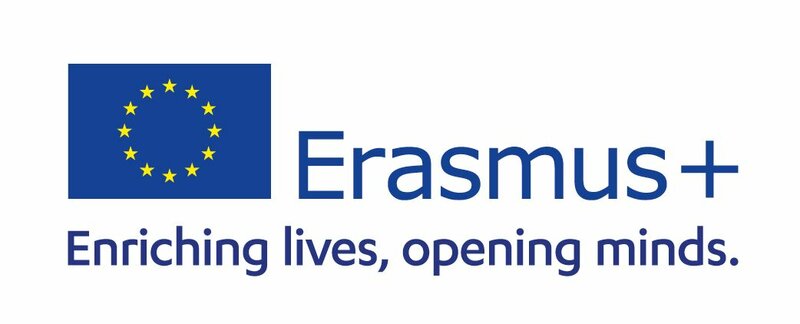FORM: Therapeutic foster care for unaccompanied minors and their foster families
Europe is facing a destabilising asylum crisis that not only brings adults and families to Europe, but also young people and even children are arriving here unaccompanied by adults. Increasingly, European countries are choosing to host unaccompanied minors on a small scale in foster care, a temporary stay in a local family. Due to traumatic experiences and separation from family and confidants, a therapeutic interpretation of foster care supervision is often needed. The FORM project developed a model of therapeutic foster care, a training programme, and policy recommendations.

Our partners
Pleegzorg Oost-Vlaanderen (Gent BE), Salesiani per il Sociale APS (Rome IT), Universität Kassel (DE), Hope For Children CRC Policy Center (Nicosia CY), European Network of Social Authorities (Venetië IT)
Financed by the EU Erasmus+ program.

Closing conferentie Thursday 28th November 2024 in Brussels
Europe is facing a destabilising asylum crisis. Not only adults and families are coming to Europe in search of a safe and better life, young people and even children are arriving here unaccompanied by adults. Increasingly, European countries are choosing to host unaccompanied minors on a small scale in foster care, a temporary stay in a local family. According to vrt-nws, 522 unaccompanied minors are currently (Nov 2021) living in foster care in Flanders. That is four times more than six years ago, during the asylum crisis.
However, these children and young people have specific problems and needs. Many have had very traumatic experiences and suffer greatly from separation from their families and confidants. They often find it difficult to trust new persons, such as foster parents. This can seriously jeopardise their development so that they may also struggle to build balanced relationships later in life.
Foster care East Flanders and the Foster Care Knowledge Centre have asked the Centre for Family Studies to help think about how foster care for these children and young people can be given a therapeutic interpretation. Not only the children themselves, but also the foster parents and their families should be coached in this. Specific training should be developed for professional family counsellors.
This led to the European Erasmus+ project ‘Therapeutic foster care for unaccompanied minors and their foster families’. Its aim is to work out a model of therapeutic foster care. This will be based on insights from research, but very practically conceived so that it can be easily used by the professional supervisors of foster families. Thanks to this European partnership, we can exchange experiences at an international level and develop a model that can also be applied internationally.
Through the European networks ‘European Network of Social Authorities’ and the ‘Youth Care Platform’, the results of this project will be available nationally and internationally.
Specific objectives
- develop a model for therapeutic foster care, to be applied by professional supervisors of foster families, for the therapeutic support of unaccompanied minors in foster care and of the foster families, which can be shared with all European foster care services;
- design a training course for professional supervisors of foster families on the application of this model;
- prepare a ‘Literature and Practices Review’ of knowledge and good practices of foster care for unaccompanied minors, which will be the basis for the formation and model;
- formulate policy recommendations for the further improvement of foster care for unaccompanied minors.

Actions in 2022
- Start of the project on 1 February 2022.
- The first project meeting of the steering committee took place on 7 - 8 March 2022 in Ghent. The focus of the meeting was on getting to know each other, the dissemination activities during the project and thoroughly discussing the intended project results and tasks.
- During the first months, the main work was on the Literature and Practices Review.
- In September 2022 the first Newsletter was issued.
- On 15 - 16 November 2022, the second project meeting took place in Venice (Italy). Both the Youth Care Platform (which succeeds the project as advisory board) and the project steering committee met. During this meeting, the Literature and Practices Review was approved, there was a first discussion of the outline for the supervision model and the training, the training session for foster care supervisors, planned for the end of February 2023, was prepared, and there was a look ahead to the pilot phase that follows the training. There was also a focus on the further dissemination strategy.
- Project management was in the hands of Jos Sterckx until February 2023. Since March 2023, Katja Fournier is in charge.

